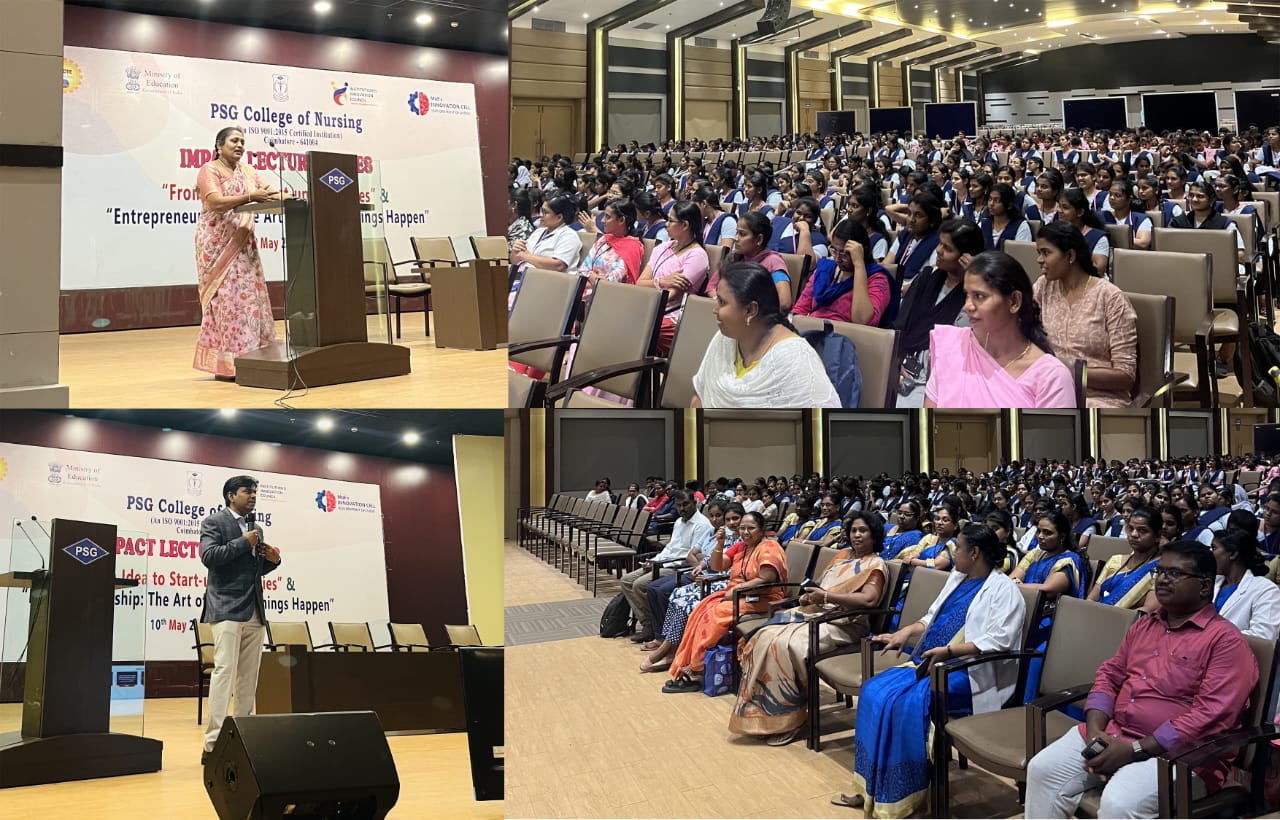Trending Now
- Action should be taken against the cops who protect the Ganja accused in TN : PMK leader Anbumani Ramdoss
- Votes that go to Congress or INDI alliance is a waste : PM Modi
- Court grants one-day custody to police to investigate Youtuber Savukku Shankar.
- We actually got our independence only in 2014. The independence to change this country as it should be : Actor , politician, Kangana Ranaut
Coimbatore
Graduate farmers take up the plough
![]() July 25, 2016
July 25, 2016
New-gen farmers are a new breed with two of them in Coimbatore having taken up the plough to take farming to the next level.
Agriculture can be successfully run as family businesses, especially with the graduate farmers contributing to its research-based development.
Azaruddin Thameem, who has a degree in visual communications and business, is now a full-time farmer enrolled with the Tamil Nadu Agriculture University (TNAU) for a bachelor’s degree in farming technology.
The 31-year-old is raising crops on two-and-a-half acres of leased out land in Annur, besides producing organic manure.
The scientific know-how he acquired has helped farming become an innovative and profitable business for his family.
“For instance, I planted high density crop plantains on a three-and-a-half foot spacing as against the eight-foot norm, and still saw a good yield.”
All leaves of the plantain tree need light, thus the eight-foot space.
So Thameem planted the trees along the boundary of the property and additionally injected seaweed gel, which facilitates increased photosynthesis, into the leaves and soil, to achieve a standard yield on lesser space.
Thameem, who initially stepped in to help his father out of a difficult situation, said he just stayed in the business.
“When my father’s tea waste manure business shut down due to labour problems, he engaged a consultant to revive it.
But we were left wringing our hands, when he left unannounced. But thanks to his exit, I decided to help my father out of the predicament.”
Thameem researched for one whole year before he set up a process to manufacture an improved form of tea waste manure.
“I initially googled for information on enhancing tea waste manure with alternative materials, and its utility during different seasons,” he said.
Now he manufactures 1,000 to 2,000 tonnes of organic manure a year with supply extended to the Nilgiri region.
Supplied to tea gardens, the manure is prepared keeping in mind that tea is a sensitive crop.
“I learnt how to balance the organic inputs to keep the Ph and the EC (electrical conductivity) in the manure at the required levels.”
The manure so carefully prepared for tea can be easily used for the other crops with substantial results, he said.
Panchakavya is a pivotel organic manure that Azaruddin uses for his crops. Prepared with milk, ghee, cowdung and coconut water stored for three days, the organic manure is a big hit with farmers.
“I’m now planning to produce panchakavya and market it in Coimbatore to start with.”
He is also planning to convert the pit, where he is manually processing manure, into a plant to produce panchakavya on a large scale.
“That will be my next project as we sellers of this manure in Annur and its surrounding areas are not able to meet farmer’s demands,” Azaruddin said.
Are organic products a commercially viable?
Azaruddin said organic products are priced a little higher than other chemically grown crops. “Isn’t that a small price to pay for a healthy alternative?” he asks.
Also if demand for organic products increase, then the producer will see more profit, he said.
S Prabhakar said he assists his father with farming even with a full-time job.
“I’m at our farm between 6am and 9am to organize the day’s work before I go to work,” said the mechanical engineer who gave up his job in Bangalore to join his father in Pollachi.
Farming for his father Sunderrajan was purely through experience, but I improved business with new inputs, said Prabhakar, who is also doing a degree in farming technology at TNAU.
Now we have shifted completely to organic farming realizing its supreme health benefits for our family and our customers, he said.
“Now there is no way we will go back to conventional farming,” said Prabhakar whose family cultivates beetroot, plantain and tomato on land owned by his famiy.
The price of organic food is 20 per cent to 30 per cent more, but increasing health awareness can change customer attitude, he said.
Azaruddin and Prabhakar said a network for organic farmers will eliminate middle men and regulate prices and effect efficient marketing.
The strict government regulations for organic farming certifications should also be applied to conventional farming in order to rein in indiscriminate use of chemicals to grow crops, they said.























